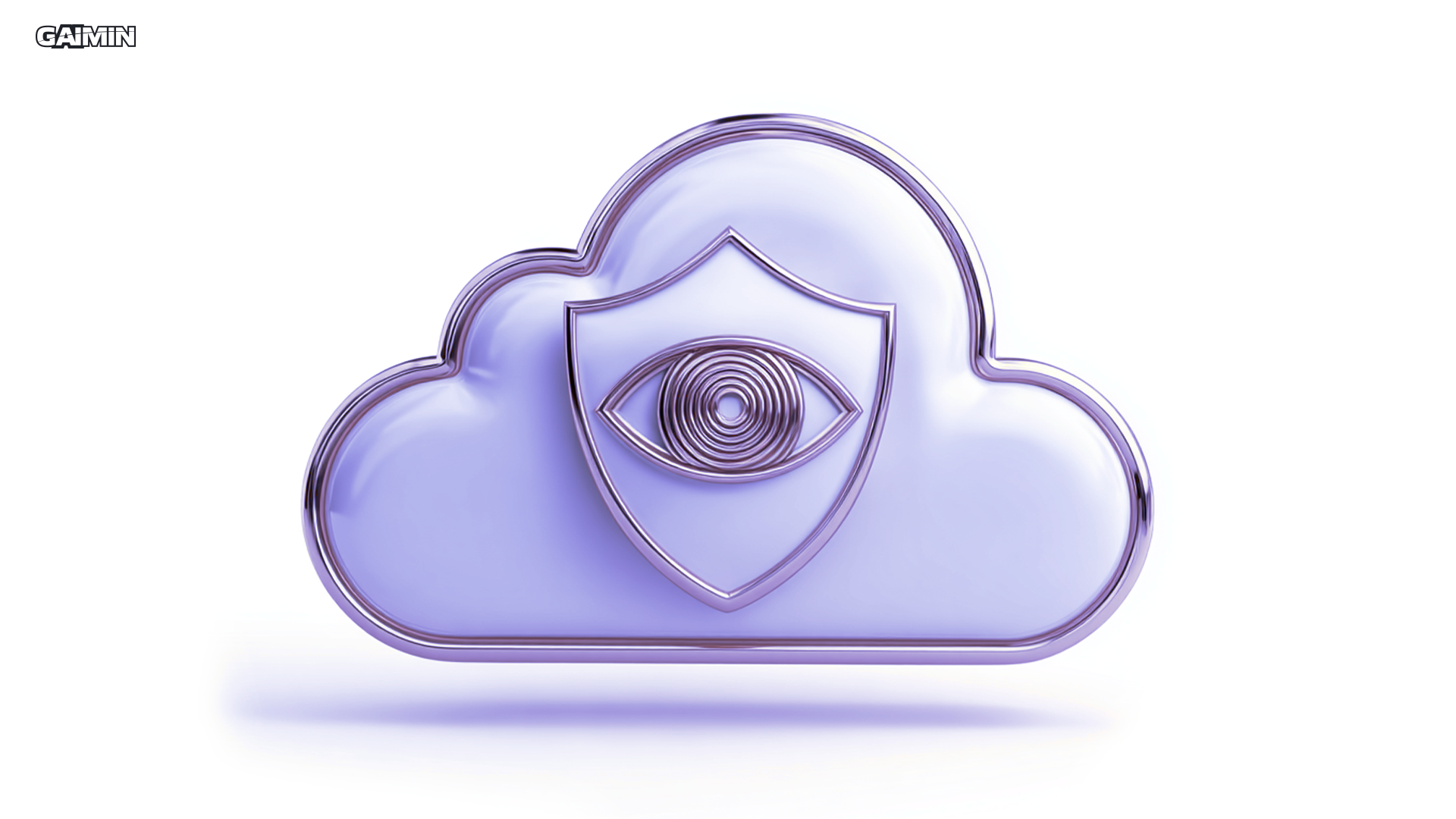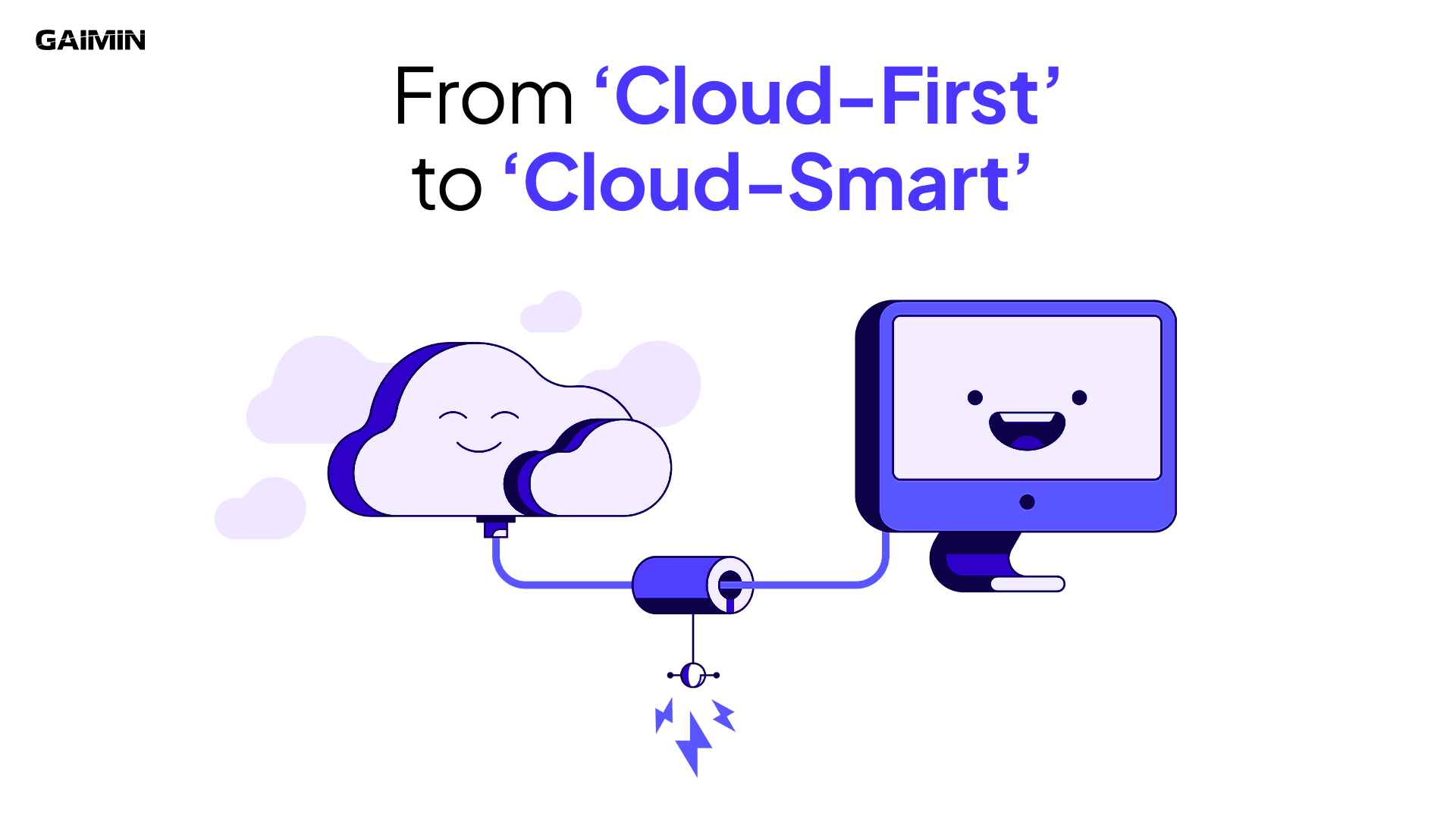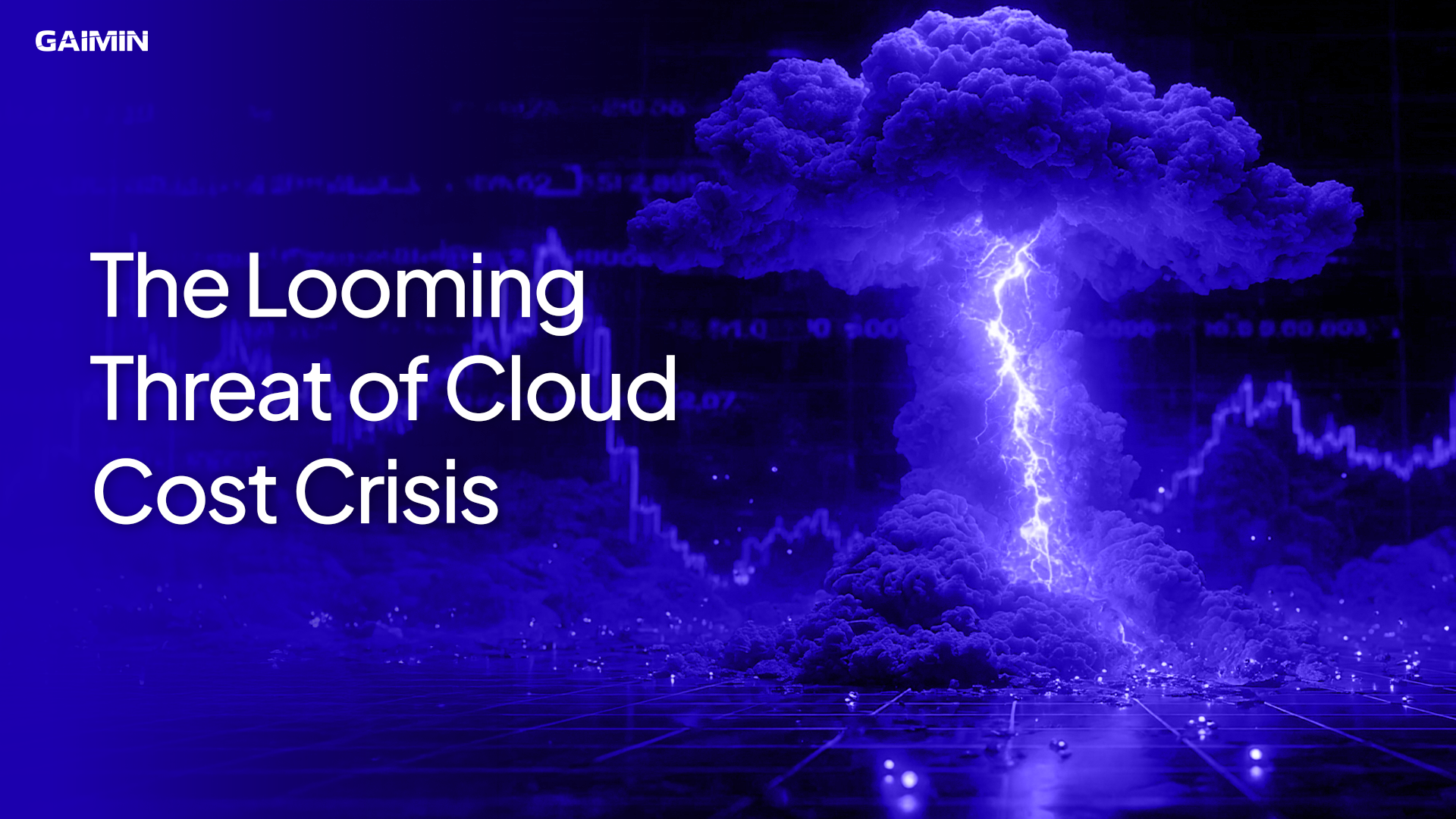Cloud computing has changed how businesses store, manage, and access their data. But with the shift from on-premises systems to cloud platforms comes a new challenge: keeping that data safe and private.
Cloud security and data protection are now at the heart of every organisation’s IT strategy. They cover everything from protecting servers and applications to securing backups and preventing data loss.
This article breaks down the key concepts, services, and best practices that keep your cloud environment secure.
Why Cloud Security Matters
The convenience of cloud computing brings new risks. Data is stored across a diverse infrastructure, accessed by users from anywhere, and often processed by third-party providers. That means security needs to address more than just a company’s internal network.
Modern cloud security services in cloud computing focus on:
- Protecting sensitive data from breaches.
- Preventing downtime from cyberattacks.
- and Meeting compliance standards for industries like finance and healthcare.
When done right, cloud computing and data security work together to protect both your data and your business reputation.
Cloud Data Protection
Cloud data protection is about safeguarding raw information throughout its lifecycle from creation to storage, backup, and deletion. That includes:
- Cloud encryption to secure data in transit and at rest.
- Access control through identity and permission management.
- Cloud service backup strategies to recover quickly from loss or corruption.
…and many more.
Underpinning all of this is cloud information security, which sets the policies, controls, and safety measures for how data is handled in one’s organisation.
Key Cloud Computing Security Services
Security in the cloud is layered. Some of the most common cloud computing security services include:
- In-built cloud-based security tools for intrusion detection, malware prevention, and real-time monitoring.
- Data loss prevention software to stop sensitive files from leaving your environment.
- Threat intelligence systems are used to identify suspicious activity before it becomes a breach.
These tools form the backbone of cloud security in cloud computing and the ‘first line of defense’, giving IT teams visibility and control over their cloud environments.
Platform and Server Security
This is another important part of cloud security and data protection, especially when choosing a cloud service provider. Your provider’s infrastructure is only as secure as the safety measures applied to it.
- Cloud server security systems protect the workloads, databases, and apps you run in virtual environments.
- While cloud platform security secures the management layer, these include APIs, orchestration tools, and control panels, to prevent attackers from exploiting the underlying systems.
Both work together to provide a strong foundation for any cloud deployment.
Backups and Recovery
Backups are often overlooked until it’s too late. A ransomware attack or accidental deletion can cripple operations if there’s no recovery plan. A well-thought-out cloud service backup process combines frequent snapshots for critical data with longer-term archives for compliance.
No security plan is complete without a backup strategy. Cloud service backup systems protect you from ransomware, accidental deletion, and hardware failure.
Best practice is to combine:
- Continuous backup for high-value or frequently changing data.
- Scheduled backup for long-term archives.
This aspect is where cloud data security and resilience meet, giving you confidence that even if something goes wrong, you can recover and continue operations like nothing happened.
Challenges You Need to Address
Looking ahead, the way we handle cloud and security will evolve alongside the technology itself. We’re already seeing AI used to predict and block attacks before they cause damage. Edge computing is shifting workloads away from central data centres, creating new security challenges closer to end users. And regulatory pressures mean cloud data security is no longer just an IT choice but a legal requirement in many industries.
Because even with the best defences, cloud environments still face ongoing threats like:
- Misconfigured permissions that expose data.
- Insider risks from staff or contractors.
- Sophisticated attacks targeting cloud platforms directly.
Mitigation of these threats can come from a mix of technology and process; from cloud encryption and Multi-Factor Authentication (MFA) to regular security audits and training.
Best Practices for Cloud and Security
To keep your cloud environment secure, here are some best practices that we’d recommend you start implementing today:
- Choose cloud providers like GAIMIN with strong security, privacy, and compliance.
- Use encryption keys you control.
- As unpopular as it may sound, start considering zero-trust (decentralized) solutions for your systems.
- Regularly test your backup and recovery process.
- Monitor and log all activity through proper cloud computing security services.
In conclusion, the future of cloud security data protection will move toward AI-driven monitoring systems, automated threat response, and edge security. As infrastructure spreads closer to end users, keeping cloud and security strategies aligned will be very critical. Cloud computing is no longer a choice these days; it’s now a default choice not just for businesses but also for individuals. However, with this ever-evolving technology also comes the responsibility of security; it can’t be an afterthought. By combining cloud security services in cloud computing with solid cloud data protection policies, businesses and organizations can protect not just their infrastructure, but also the trust of their users!



.png)
